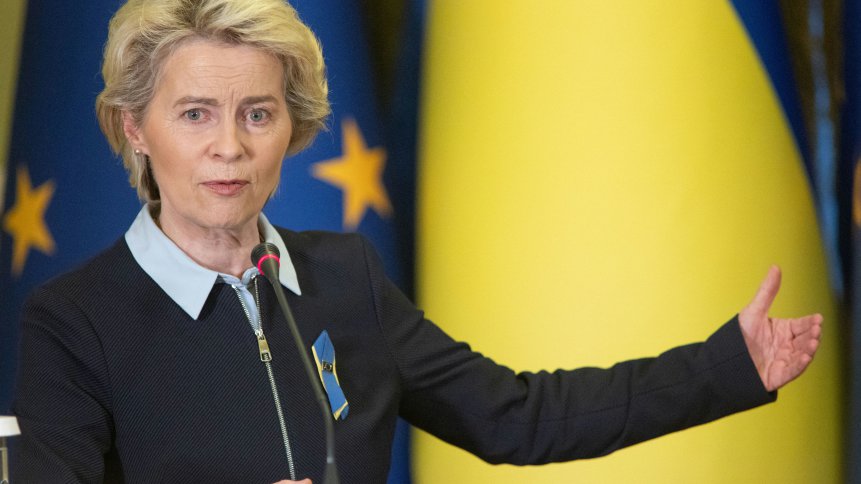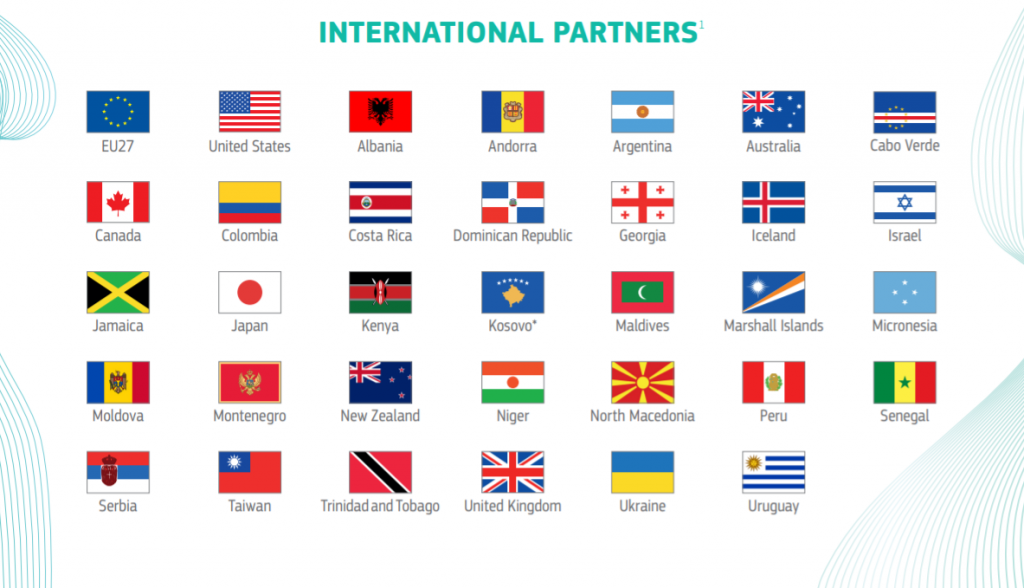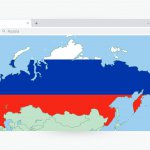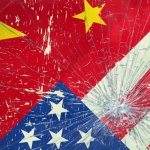What is the global pact to promote an “open internet” all about?

- The three-page declaration offers a broad vision of a more “open internet” as well as a mix of more specific issues for its 61 signatories
- The list of countries participated in the declaration includes Argentina, Australia, every country in the EU, Canada, Israel, Japan, Kenya, Taiwan, the UK, and Ukraine among others
In 2001, a researcher at the Cato Institute Clyde Wayne Crews coined the term “splinternet” to describe “parallel internets that would be run as distinct, private, and autonomous universes”. The term may have seemed like a far-fetched concept then, but the stark reality today is that we have — in recent years especially — been living in the era of the splinternet. And we may have reached its tipping point already, especially considering the fact that 61 countries have formed a pact to push for a more “open, free, global, interoperable, reliable, and secure” internet.
The “splinternet,” where the online space is fragmented, controlled and regulated by different countries, is no longer just a concept. Hence, governments and advocates in support of a free and open internet have been working to stem the tide of authoritarian regimes isolating the web to control information and their populations.
Last Thursday, the European Union (EU), the United States (US), and a collection of international partners proposed a Declaration for the Future of the Internet, setting out the vision and principles of a trusted Internet. Basically, countries that partook in the declaration support a future for the Internet that is open, free, global, interoperable, reliable and secure, while affirming their commitment to protecting and respecting human rights online and across the digital world.
According to both the White House and the EU, so far, 60 partners have endorsed the Declaration, including all EU Member States, and more countries are expected to follow suit in the coming weeks. The countries that were notably off the list include India, China, and Russia — a hardly surprising fact given that Ukraine is a signatory.

In total, 61 countries have signed the “Declaration for the Future of the Internet” to promote an “open, free, global, interoperable, reliable, and secure” internet. Source: European Commission
In a blog post, the European Commission said the Declaration for the Future of the Internet is in line with the rights and principles strongly anchored in the EU and builds on the Declaration on Digital Rights and Principles that the Commission has proposed to co-sign together with the European Parliament and the Council of the EU.
EC’s President Ursula von der Leyen, said, “For the first time, like-minded countries from all over the world are setting out a shared vision for the future of the Internet, to make sure that the values we hold true offline are also protected online, to make the Internet a safe place and trusted space for everyone, and to ensure that the Internet serves our individual freedom. Because the future of the Internet is also the future of democracy, of humankind.”
Besides an ‘open internet’, what else does the declaration promote?
The declaration basically reaffirms and recommits its partners to a single global Internet – one that is truly open and fosters competition, privacy, and respect for human rights. The declaration’s principles include commitments to: protect human rights and fundamental freedoms of all people; promote a global Internet that advances the free flow of information.
It also promotes the advancement of inclusive and affordable connectivity so that all people can benefit from the digital economy; promote trust in the global digital ecosystem, including through the protection of privacy; and protect and strengthen the multi-stakeholder approach to governance that keeps the Internet running for the benefit of all.
It also calls to refrain from “government-imposed internet shutdowns or degrading domestic internet access,” and “blocking or degrading access to lawful content, services, and applications on the internet.” The document also condemns using surveillance tools to develop “social score cards or other mechanisms of domestic social control or pre-crime detention and arrest,” a clear jab at China’s social credit-score system.
To top it off, it also calls for action against cybercrime and online attempts to compromise voting infrastructure and influence elections with propaganda, all things that Russia has repeatedly been caught doing. So far, in response to the declaration, Google announced its support, saying that it outlines a clear path to addressing some of the internet’s most pressing threats.
“We’re seeing a number of governments take actions to crack down on the free flow of information and ideas, increase government surveillance, and restrict access to cross-border internet services under the banner of “cyber-sovereignty,” the tech giant said in a statement. Even Microsoft shared its support, noting that the declaration “reclaims the promise of the internet in the face of the global opportunities and challenges presented by the 21st century.”










